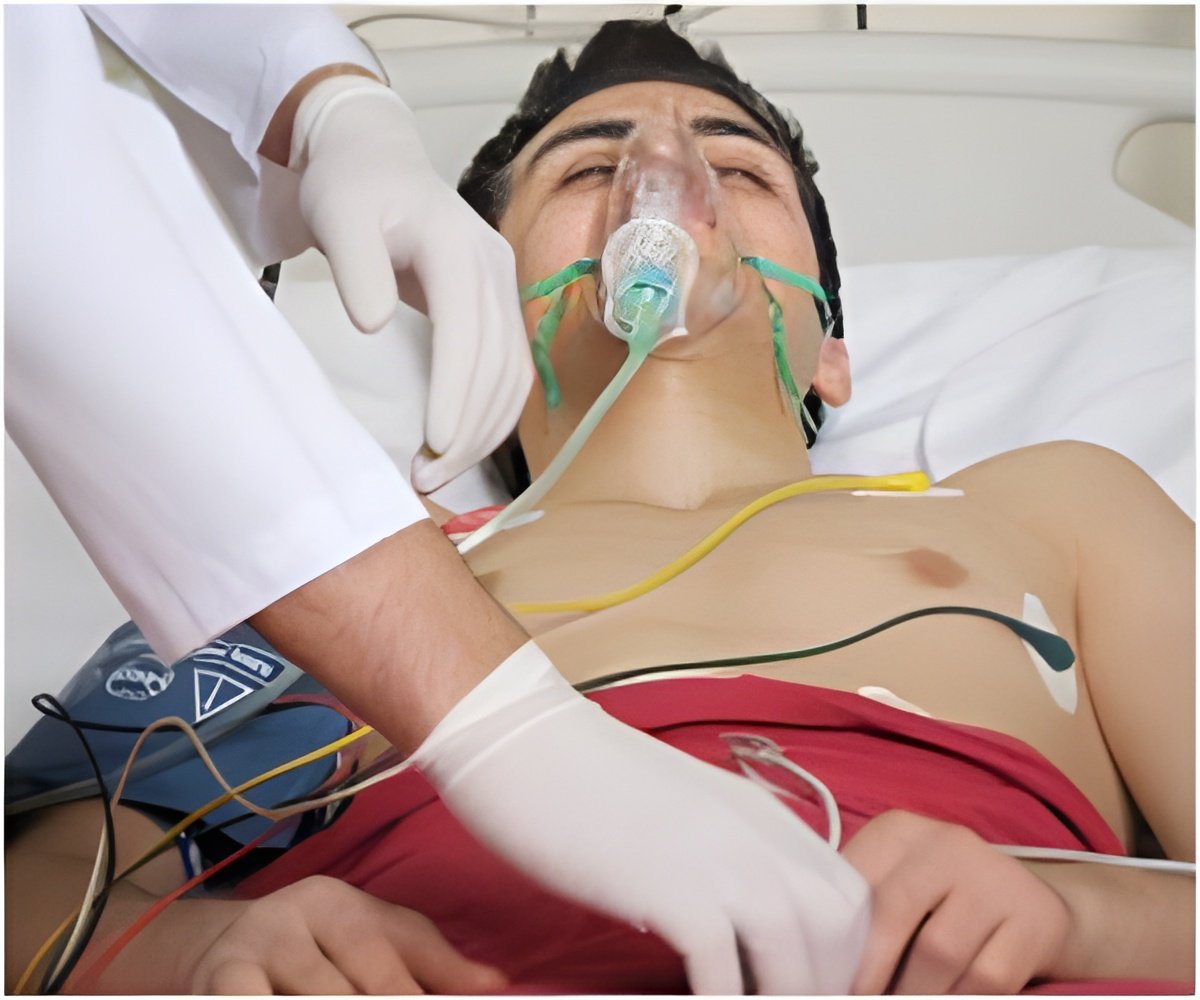New model for Intensive Care Unit (ICU) pharmacists, developed by Rutgers found to improve the overall quality of services provided to critically ill patients.

TOP INSIGHT
New model effectively empowers all pharmacists to act as specialists. They became confident in providing the specialized levels of consistent, timely, high level of care even when the specialist was not on duty.
Read More..
Under her new model, several non-specialists on the Hamilton ICU's pharmacy staff underwent six months of intensive classroom and clinical training on topics such as the complications that patients face while attached to mechanical ventilators; infectious disease risk; and blood flow management for non-mobile patients.
The new model, believed to be the first of its kind, produced notable results: The overall quality of pharmacy services provided to patients improved. All pharmacists who underwent the training reported feeling comfortable and confident in providing the specialized levels of care, along with a greater sense of professional satisfaction. Other members of the ICU staff, including physicians and nurses, also reported improvements in pharmacy care, including a consistent, high level of care even when the specialist was not on duty.
"Before we tried this model, the non-specialty pharmacists in the ICU were often uncomfortable with clinical issues, which sometimes meant going to the bedside to assess the situation. As a result, relatively minor issues were frequently escalated with a call to the specialist, who was not always readily available," Andrews said. "Our new model effectively empowers all of our pharmacists to act as specialists."
Andrews said the new model was adopted without significant cost and should therefore benefit other community-based hospitals with limited resources.
 MEDINDIA
MEDINDIA

 Email
Email




